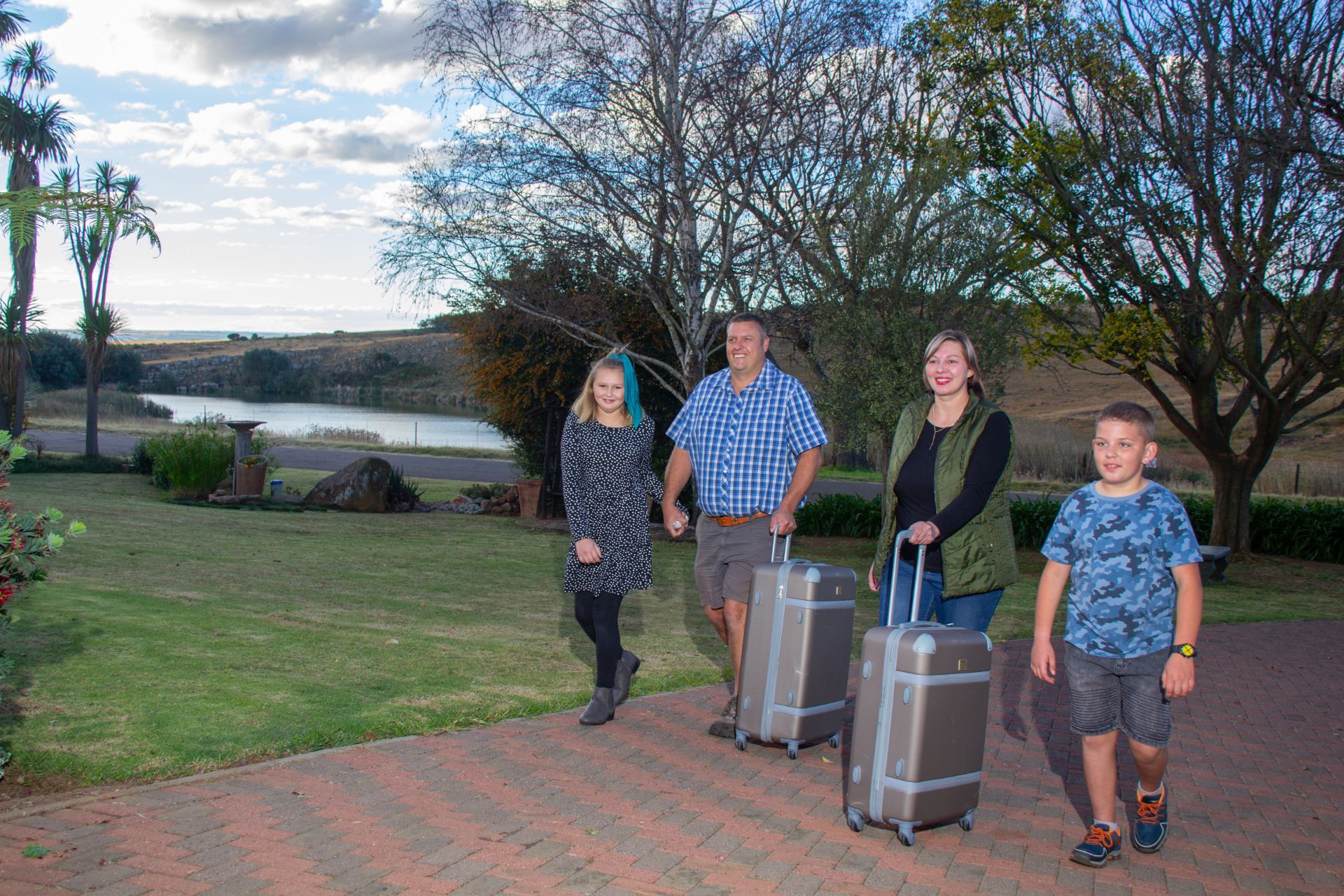Nestled within the picturesque landscapes of South Africa, the quest for authentic and memorable accommodation experiences is an integral part of any traveller’s journey. As the allure of this diverse and vibrant country continues to captivate wanderers from around the globe, the need to navigate through potential accommodation scams becomes increasingly paramount. In this guide, we embark on a journey to uncover the nuances of securing genuine and trustworthy lodging, ensuring that your stay in South Africa is defined by tranquillity, authenticity, and peace of mind.
Research and Verify: Discovering the Authenticity of Accommodation Listings
When embarking on your quest for the perfect accommodation, an essential first step is to conduct a thorough internet search to verify the authenticity of the establishment. Start by checking if the accommodation is listed on reputable platforms such as Google Business or Google Maps. It’s crucial to ensure that the contact information provided aligns with what’s listed online, especially if you’ve come across an advertisement. Verify that the contact number displayed on Google Business matches the one provided for reservations. In case of discrepancies, reaching out directly to the number listed on Google Business to confirm the details is advisable. Additionally, cross-reference the accommodation’s presence on well-known booking sites like booking.com, lekkeslaap.co.za, or travelground.com to validate its legitimacy. Furthermore, when booking through the accommodation’s official website, look for the assurance of authenticity by checking if they utilize nightsbridge.com as their booking platform, offering an added layer of peace of mind for your reservation.
Preventing Fraud: Caution Against Using Free Email Domains
When making bookings, using email addresses with the accommodation’s domain, such as info@waterfrontcarolina.co.za, is more likely to indicate a secure communication channel. Conversely, email addresses associated with free sign-up platforms like Gmail or Hotmail should be approached with caution. Using these free email domains for bookings may pose a higher risk, as they are more susceptible to misuse by fraudulent entities.
Beyond the Picture: Ensuring Authenticity Beyond Images
Relying solely on images for assurance when booking accommodation can be misleading, as it’s relatively easy for individuals to copy and use photos of any place as their own. This practice can result in a mismatch between the visual representation and the actual state of the accommodation, underscoring the need to seek additional forms of validation to ensure an authentic and reliable booking experience.
Informed Perspectives: Uncovering Insights through Accommodation Reviews
When assessing accommodation reviews, it’s crucial to exercise caution, particularly when a property boasts an excessive number of glowing reviews despite being recently listed. This scenario should prompt a red flag, as fake reviews are frequently employed by scammers to entice unsuspecting travellers. Trusting your instincts and approaching properties that appear remarkably exceptional with prudence is essential. Prioritise accommodations that have garnered reviews over a substantial period, and leverage platforms such as Google Business, Booking.com, Lekkeslaap.co.za, and Travelground.com to gain a comprehensive understanding of the property’s reputation and authenticity.
When reading reviews, look for patterns and common themes. Pay attention to the overall satisfaction of guests, the cleanliness and amenities of the accommodation, and the responsiveness of the owners or rental agency. While no property is perfect, multiple positive reviews can provide reassurance that the establishment is trustworthy and reliable.
Quality Assurance: Verifying Graded Accommodation Status
In South Africa, the Tourism Grading Council of South Africa and AA Travel are two prominent entities responsible for grading accommodations. While not all accommodations in South Africa are mandated to undergo grading, being listed on these sites can provide an additional layer of protection and assurance for travellers seeking reputable and quality lodging options.
Instinctual Caution: Navigating Unrealistic Deals with Scepticism
As the saying goes, if something sounds too good to be true, it probably is. When booking accommodation in South Africa, be cautious of deals that seem unusually cheap or significantly lower than the average prices in the area.
Scammers often use attractive prices to lure unsuspecting travellers into their traps. Similarly, if you come across a prime location that is still available just days before peak season, it’s a warning sign that something might be amiss. Trust your instincts and don’t be afraid to search for alternative accommodation if something feels off. Additionally, be wary of individuals who pressure you into making hasty bookings or insist on urgent payment to secure your reservation. Legitimate owners and rental agencies understand the importance of providing a comfortable and secure booking process, so any signs of pushiness or urgency should raise suspicion.
Conclusion
Booking accommodation in South Africa doesn’t have to be a daunting task filled with uncertainty. By adopting a proactive approach, conducting thorough research, and utilizing trusted platforms, you can safeguard your travel plans and enjoy a memorable experience. Stay vigilant, trust your instincts, and embrace the beauty of South Africa with confidence.



